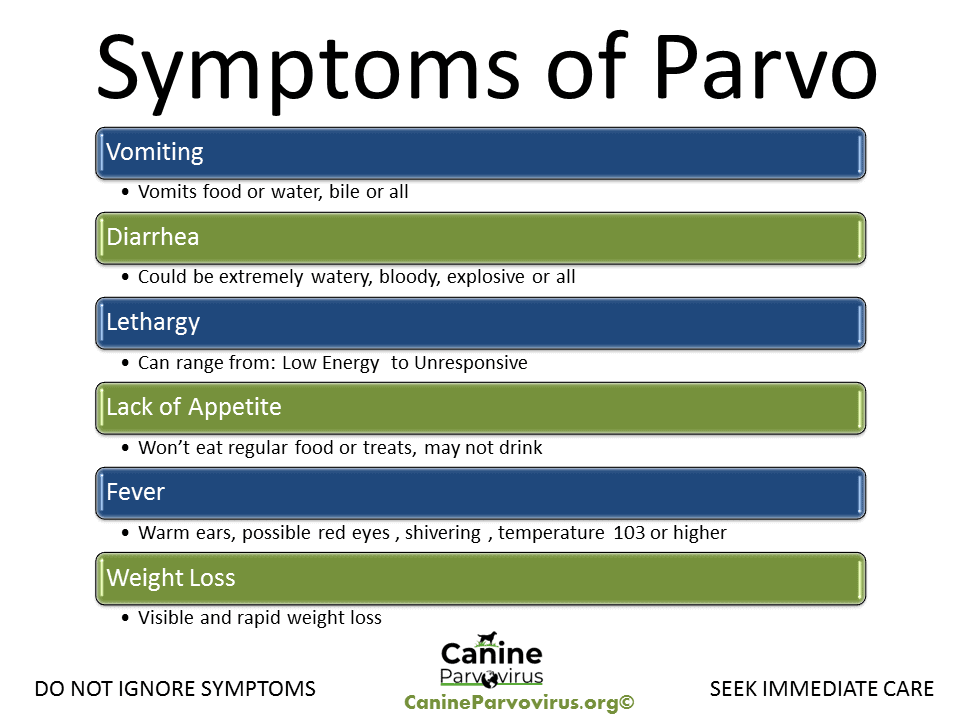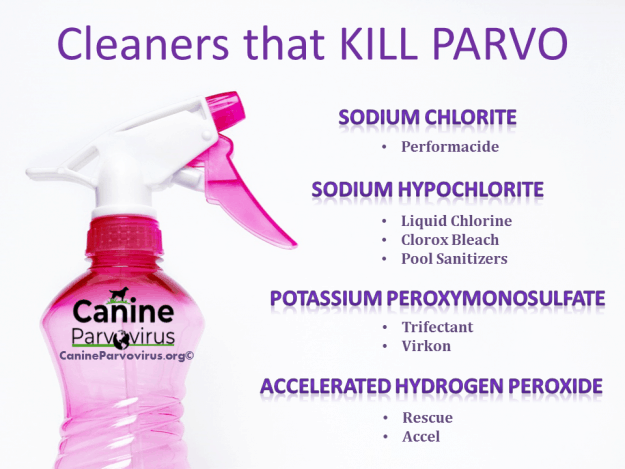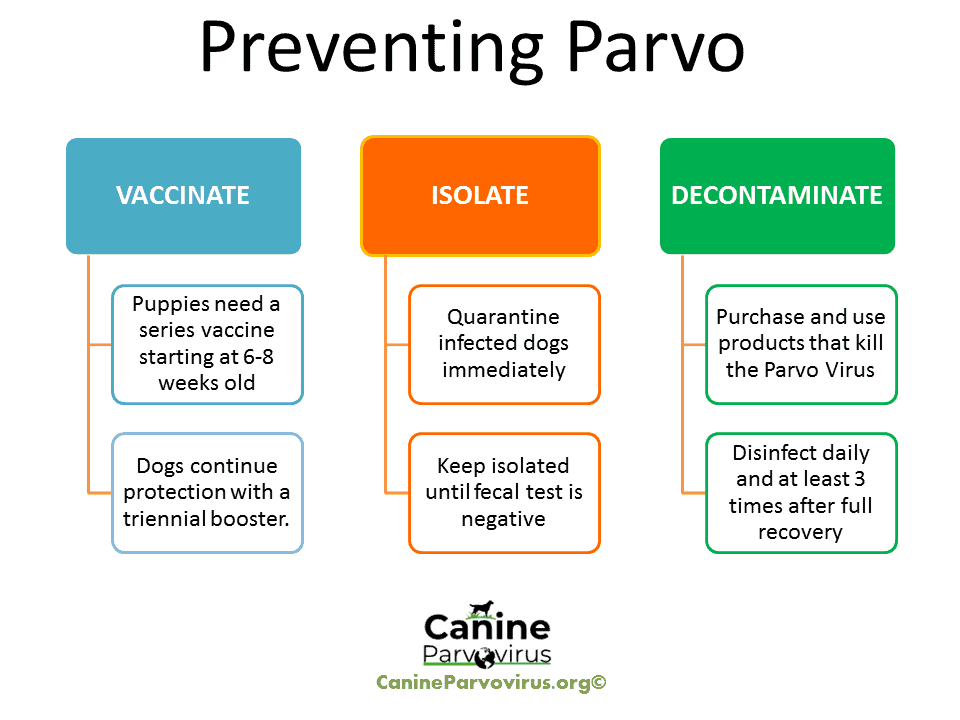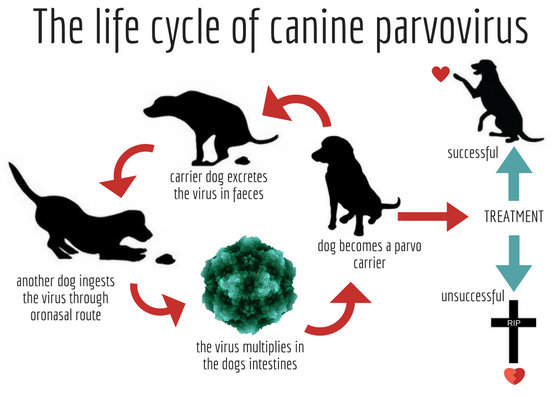Canine Parvovirus, commonly known as Parvo, is a highly contagious disease that affects a dog's gastrointestinal tract and is spread through direct and indirect contact.
Canine Parvovirus (CPV) is found worldwide and has been on the rise as of late. It is a highly contagious virus that attacks the digestive system and is spread among dogs through feces, through direct contact with an infected dog, or by indirect contact with a contaminated object.
There has recently been a serious increase of Parvovirus cases within the community. Macon County Animal Control has seen a high number of cases this past year, dogs coming in off the street already showing symptoms. Unfortunately this puts all other dogs in the shelter at risk. In some cases, if caught early enough, these dogs can be transferred to local veterinary offices for treatment, but more often than not, if the dog is already showing symptoms it is too late. Parvo is a very deadly virus.
Symptoms of Canine Parvovirus:
- Lethargy
- Weakness
- Decreased Appetite
- Fever
- Vomiting
- Diarrhea (sometimes bloody)

A puppy with parvo is a very sick dog. The sooner you catch the early signs of the virus in dogs, especially puppies, the sooner you can get your dog to the vet.
You should contact your vet immediately if you suspect your dog has parvo, and be sure to notify the vet's staff ahead of time of your suspicions and your dog's symptoms, so that they can take the appropriate quarantine procedures to prevent your dog from infecting other dogs.
Key Facts
- Parvo attacks white blood cells leaving the dog more susceptible to other bacterial infections
- Parvo can incubate in a host for up to 14 days before symptoms appear
- Dogs still in the incubation period can shed the virus
- "Typical" everyday household cleaners do not kill the virus
PUPPIES
- One single vaccine given to a puppy does not guarantee protection
- Puppies ages six weeks to six months are the most susceptible to parvo
- Puppies should be vaccinated against parvo at approximately 6, 8, and 12 weeks of age
- They are more vulnerable to the disease until they have received all three shots in the vaccination series
- Owners need to take extra precaution during this time to prevent their puppies from contracting the virus
- Puppies should receive a dose of canine parvovirus vaccine between 14 and 16 weeks of age, regardless of how many doses they received earlier, to develop adequate protection

Prevention of Parvovirus is more affective than treatment!
When a puppy is born (assuming the mother was vaccinated) they have antibodies in their system that keep them protected while very young. This length of time varies between 6 and 14 weeks. This is why it is key to get your puppy vaccinated and have boosters given every 4 weeks until 16 weeks of age. It can take 7-10 days after vaccination before antibodies build up in the system and start protecting the dog. If the animal has received at least 2 vaccines before exposure they are fairly protected, but even dogs who have been vaccinated can still become infected. Keeping any puppies recovering from parvo away from unvaccinated and partially vaccinated dogs is extremely important.
If the dog becomes infected and ill, the average cost of treatment is around $1500. Even with some of the best treatment available, there is no guarantee of survival.
Parvo is a very serious and often fatal disease. There is no cure for parvo. Your vet will offer your dog supportive care over the course of the illness, treating symptoms such as vomiting, diarrhea, and dehydration, and making sure that your dog gets adequate nutrition.
You should not allow puppies to come into contact with unvaccinated dogs until they have received all their parvo vaccines. Make all dogs in your household are vaccinated, and be very careful when socializing your puppy. Dog parks and other places where dogs congregate are potential sources of parvo, so plan on socializing your puppy in a less public environment. Socialization and training are very important for puppies. You can safely socialize your puppy with fully vaccinated adult dogs in an environment like your home. Puppy classes, boarding facilities, and doggy daycare facilities usually require proof of vaccination for all of their participants, but it is a good idea to talk to your vet about the appropriate level of caution.

If you feel your dog has been exposed or is showing symptoms DO NOT WAIT! Call your vet immediately. If you have multiple dogs in the household attempt to quarantine those showing symptoms, vaccinated or not. Pick up all fecal matter, inside or outside. Bleach! Bleach! Bleach everything you can. This will kill the virus on hard surfaces, but it can still live in carpet, on furniture and fabric, in soil and grass outside, for months to more than one year.
If you have dogs at home, purchased or rescued, and you do not know if they have the proper vaccinations, call your vet. More than likely they will advise you to get them vaccinated. This not only keeps your pet protected, but protects others in the community.

Wondering how Parvovirus spreads without direct dog-dog contact?
Let's say it's summer, gorgeous weather, and you want to take your new pup for a walk. You take a stroll through your neighborhood, walking on the street, sidewalk and grass. Your dog runs around in a park or field. You go home and slip your shoes off and relax. Pup decides to chew on your shoes or lick his paws and you think nothing of it, typical behavior. But what you didn't know was that just 2 hours earlier someone else decided to take their dog for a walk, same sidewalk, same park or field. Their dog was previously exposed to CPV and they are in the incubation period - not showing symptoms but shedding the virus. Without knowing, both families had what they thought was a normal day outside, unaware they were spreading and contracting the virus.
You go for a run, not paying much attention to each footstep. At the end you realize you stepped in dog feces at some point. No big deal, happens all the time. Except that feces you stepped in had CPV particles in it. With every step you took, you spread that virus. You go home and your dog comes into contact and has now potentially contracted the virus.
There are MANY ways the virus can spread through indirect contact, which makes it that much more frightening. Vaccinating for parvo doesn't only protect your loved ones, but others around you.

While the Decatur & Macon County Animal Shelter Foundation and Macon County Animal Control and Care Center have support from local veterinarians, we cannot recommend where to go for pet care. All vet facilities in Macon County are aware of the increased Parvo cases and are doing what they can to ensure their facilities are clean, sanitary, and getting clients vaccinated. With a quick Google search and phone call or two you can find the right facility for you to get your loved one vaccinated.
Macon County Animal Control and Care Center is an open admission facility, this has not changed. They are still taking in stray animals, vaccinating on intake and watching for potential symptoms.
If you find a stray dog please do what you can to find it's home before bringing them to the shelter. There are various Facebook pages where they can be posted. Vet offices can scan for a microchip and contact owners.
If you have a dog you are needing to surrender, see what you can do for rehoming it before bringing it to the Macon County Animal Control and Care Center.
Every dog that comes through the door has the potential to infect others or contract the virus that is already circulating. While shelter staff are ever vigilant and doing what they can to prevent the spread, nothing is a 100% guarantee.
If you are missing a dog, please check with the shelter to see if they are impounded and reclaim them asap. All impounded animals are listed on PetHarbor.com under "I Lost My Pet", with a breed and age guestimation and a picture when possible.
